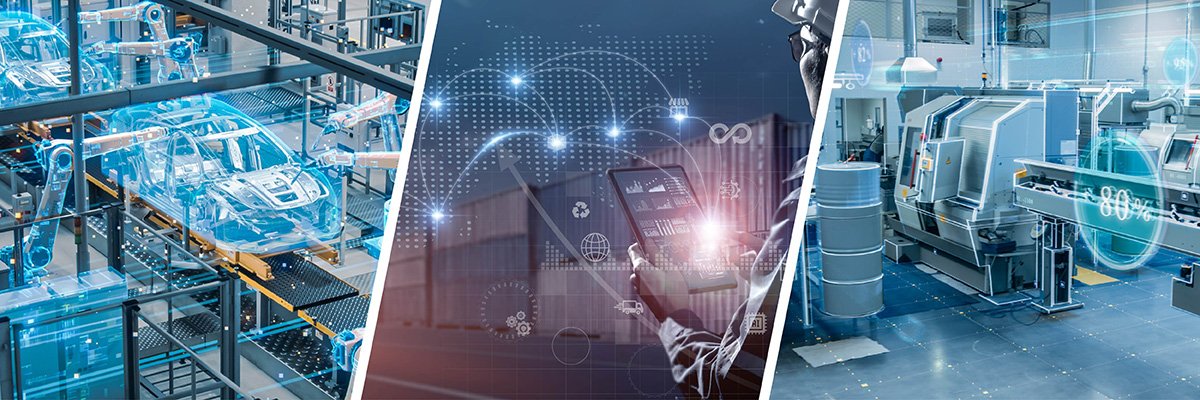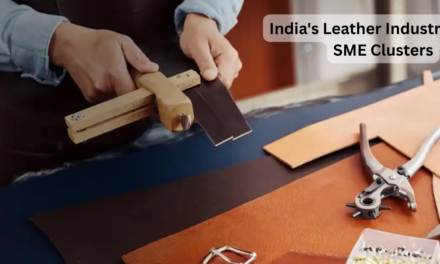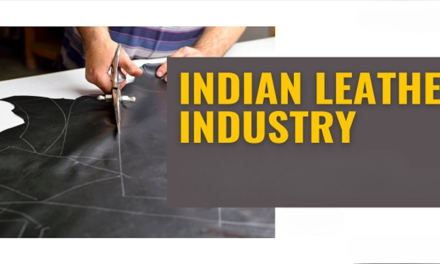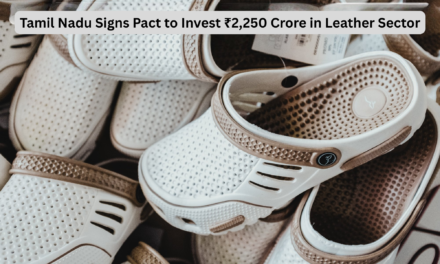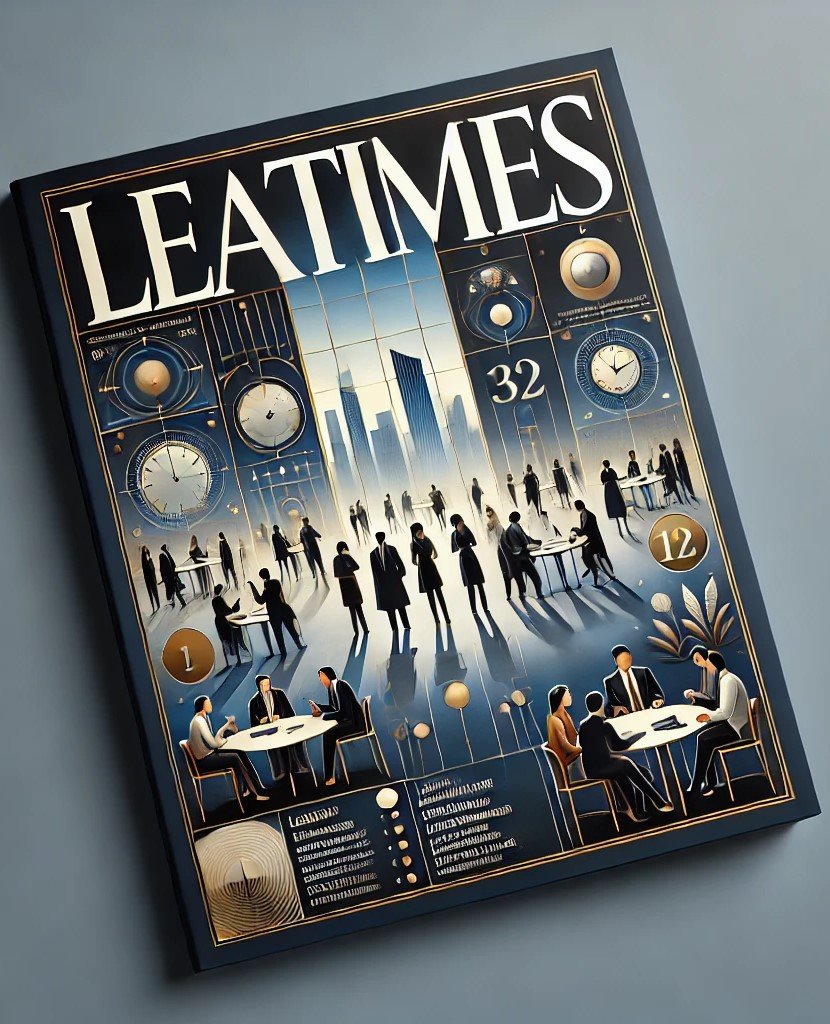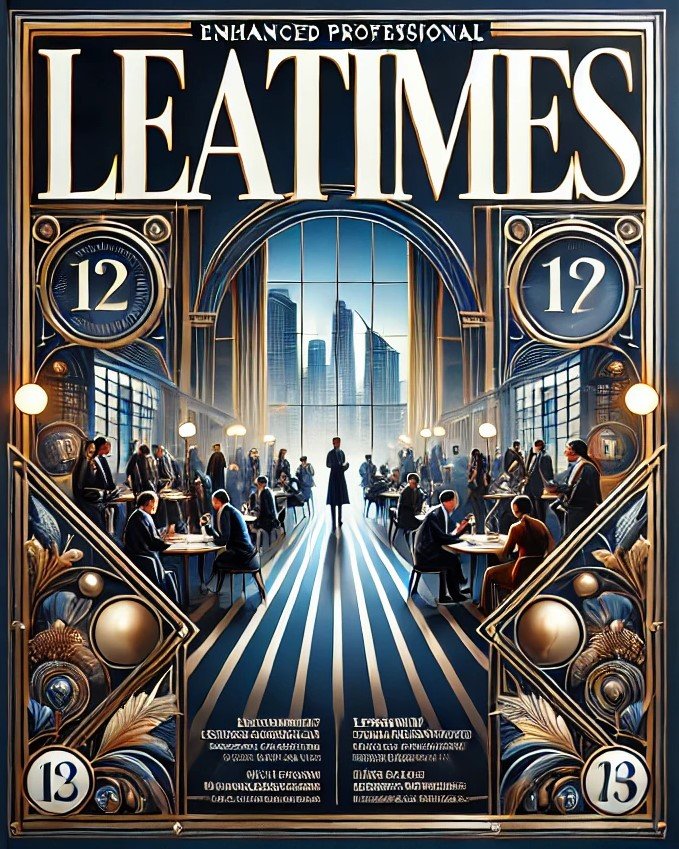The Indian leather industry is embracing Artificial Intelligence (AI) to drive precision, efficiency, and innovation in manufacturing and design processes. With increasing global demand for high-quality leather products, AI is being integrated into various stages of the leather production chain to optimize operations, reduce waste, and enhance product quality.
AI-powered technologies are being used for predictive analytics, helping manufacturers forecast trends and consumer preferences, leading to more targeted and successful product designs. In designing footwear and leather goods, AI tools allow for highly detailed customization, enabling brands to offer unique, personalized products to customers at scale. This adoption of AI-driven design software helps reduce lead times, ensures better alignment with market demands, and enhances design creativity.
In manufacturing, AI is being deployed to improve the precision of cutting, stitching, and quality control. Advanced machine learning algorithms analyze production data in real-time, identifying areas of inefficiency and suggesting improvements. This not only improves productivity but also minimizes the use of resources, leading to cost reductions and more sustainable production methods. AI-based visual inspection systems can detect defects in materials or finished products more accurately than traditional methods, ensuring that only high-quality leather goods reach the market.
The integration of AI technology is also aiding supply chain optimization, by streamlining procurement, inventory management, and distribution processes. This results in faster delivery times, better coordination between manufacturers and suppliers, and improved customer satisfaction.
The push towards AI adoption is part of India’s broader strategy to modernize its leather sector and boost global competitiveness. As the industry continues to innovate, the use of AI is expected to play a significant role in helping India’s leather products stand out in the global marketplace, particularly in premium and eco-conscious segments.

